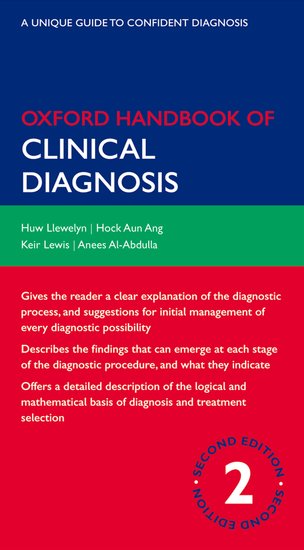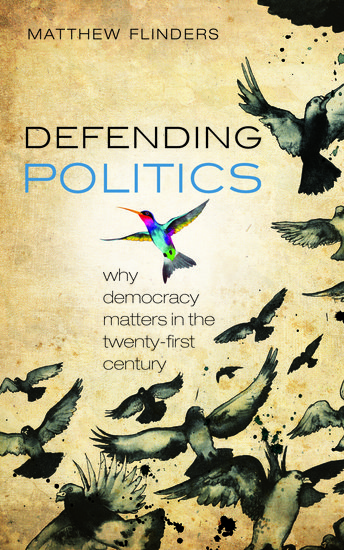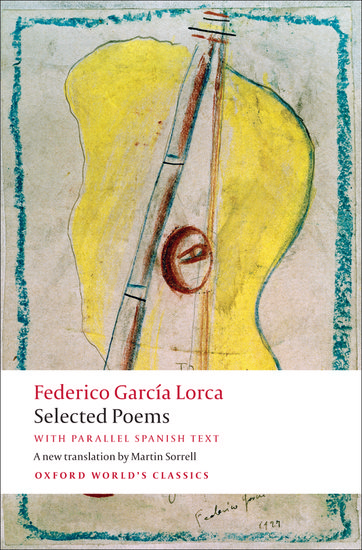Monthly etymology gleanings for August 2013, part 2
By Anatoly Liberman
My apologies for the mistakes, and thanks to those who found them. With regard to the word painter “rope,” I was misled by some dictionary, and while writing about gobble-de-gook, I was thinking of galumph. Whatever harm has been done, it has now been undone and even erased.














